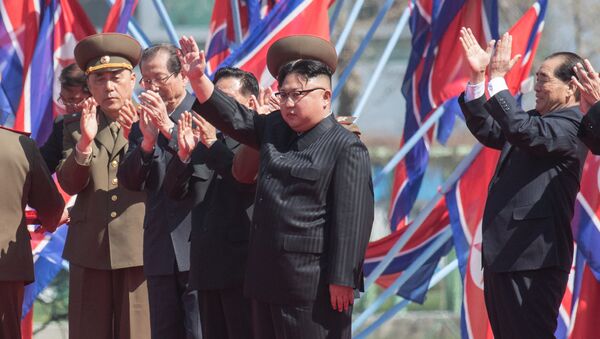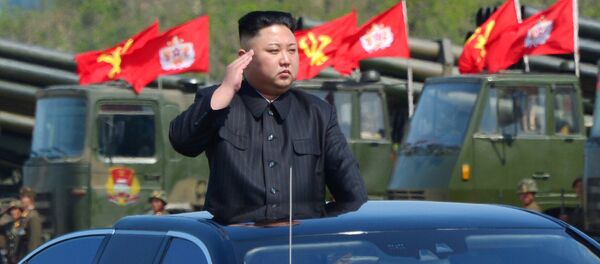In March, Park was taken into custody on allegations of corruption and criminal activity.
According to the North’s Rodong Sinmun newspaper, “conservative groups” have sought to heighten anxieties on the Korean Peninsula for at least a decade. The war between the South and the North never ended in a treaty, and these “tragic” relations, driven by conservative groups, according to the news outlet run by North Korea’s ruling party, “revived the foregone period of confrontation and maximized the political and military rivalry between the same race.”
The calls for detente may by little more than a political stunt. Pyongyang “has been wary of having another conservative administration in the South,” the Korea Times reported Monday.
South Korean polls show Democratic Party candidate Moon Jae-in to be a clear frontrunner in the lead-up to the vote. Moon opposed the THAAD deployment, supports renewed efforts at diplomacy with the North and the easing of sanctions. This would mark a drastic shift from former President Park’s policies, which were aimed at reprimanding the North with sanctions.
“Moon’s win could potentially result in cooling relations with the US or even opening up conflicts,” economist Ho Woei Chan said in a Monday research note for Singapore-based United Overseas Bank.
If Moon emerges as the victor, “the win would be the first by a progressive candidate since December 2002, and the first switch to a progressive presidency from a conservative one since December 1997,” according to a Goldman Sachs memo published Friday.
“The conservative groups’ scheme to seize power again should be resolutely shattered,” the North Korean column declared.



